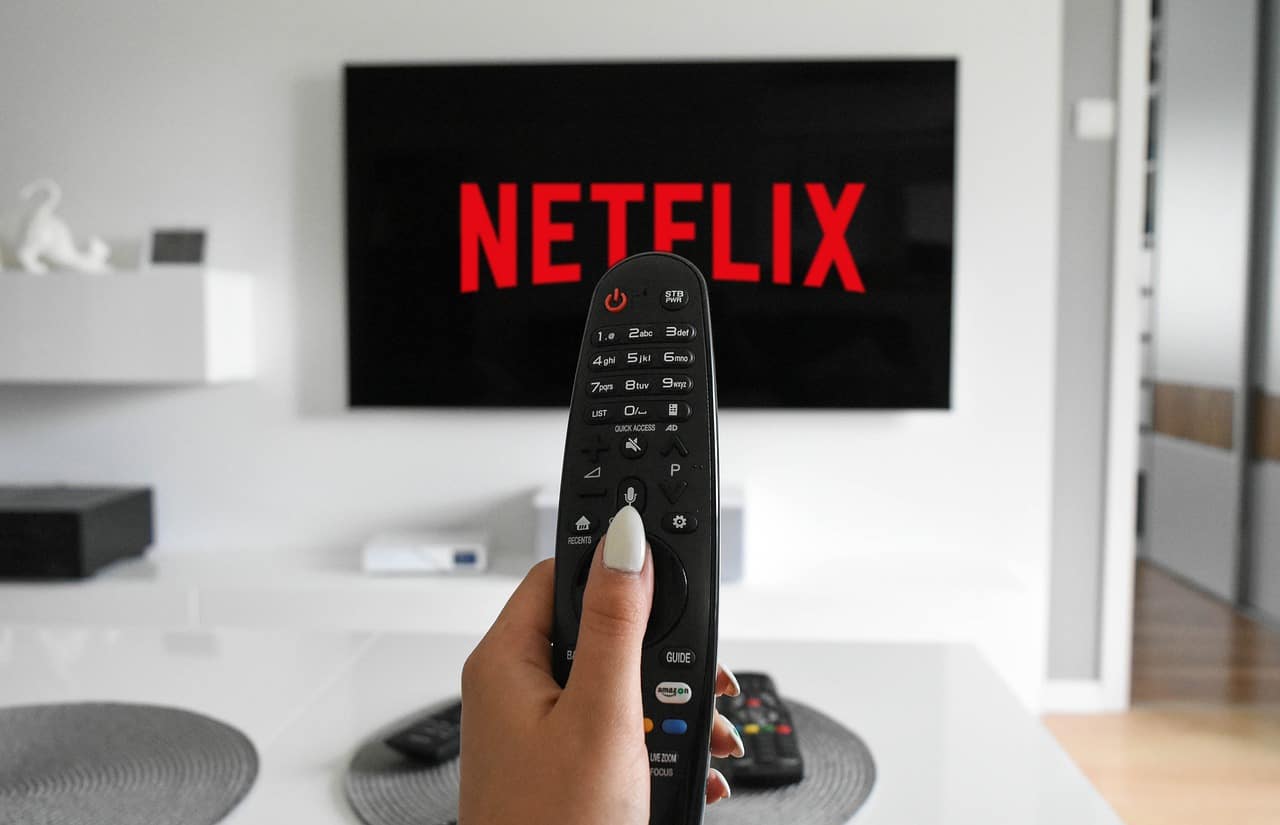
Geniuses that use psychedelics
Smart people love drugs… It is science-literally! After 40+ years of research, a team of British scientists were surprised to learn that people with higher
Another Stamets blog. Are you really that surprised? At Journey, we really cannot get enough of this walking legend! Public speaker, researcher, climate change activist, author, husband, father and friend to the growing community of mycologists. The list only goes on! He has done a phenomenal job translating his academia to public awareness on a list of pressing topics.
Paul Edward Stamets is a famous American mycologist. He is also an entrepreneur and proud founder of fungi.com. You may know him from his famous Ted Talk, his product line, the Netflix documentary Fantastic Fungi or maybe you know him from his massive microdosing study.
In this article, we will be looking at the microdosing study he indicated and, more importantly, what they found.
There are two very important things to understand about this study. 1) This is an observational study. 2) This study is ongoing.
In November 2019, Paul Stamets made an appearance on Joe Rogan’s podcast, where he announced his newly developed app called microdose.me. At the point of his announcement, there were already 14,000 individuals signed up to the app. By the end of 2022, there are over 22k individuals tracking their doses via the app! Microdose.me was produced in combination with Quantified Citizen (in Vancouver, Canada), Eesmyla (CEO) and Kailn (Harvey CTO). Paul Stamets and his partner Dr Pam Kryskow as consultants. This concept for this free app was first created by Stamets and Kryskow.
To put it in short, microdose.me was developed with the motive to serve as a database. Said data would later be exported and analysed for the observational study’s paper. But how does the app work?
Microdose.me is essentially an app where you can track your microdosing experience and test your brain skills to see if specific areas in your life are improving with the help of microdosing. When you first sign up, you need to undergo a brief questionnaire, which includes basic demographic information, basic medical history and self-reported use of psychedelics. After completing the questionnaire, your cognitive functions will be put to the test, collecting your baseline data. The initial set-up takes around 30 minutes.
The idea is that the app takes baseline data from you. After this, you are expected to check in once a day and complete a few questions. This should only take 1-2 minutes out of your day, keeping things realistic and consistent. Each month, you are encouraged to complete a monthly check-in that takes approximately 20 minutes. Here is what you can expect to partake in monthly.
As an example, one thing the app tests microdosers on is memory. Essentially, flowers on the screen light up and the goal are to memorize the pattern of the flowers. Additionally, there are also tap tests to measure your eyesight and hearing, which was important when developing the app to take into account those who may be diagnosed with Parkinson’s Disease.
Ultimately the app measures brain functions, reaction times, mood, depression and even anxiety. Microdosing is well-known to minimize the symptoms of depression and anxiety as well as many other benefits. However, the studies revolving around these aspects of the practice are extremely limited. That being said, this is a very important microdosing study, indeed!
If, or when, you decide to stop microdosing, you are asked to complete a closing survey that takes approximately 5 minutes of your time.

Since this study began collecting data years ago, there are currently two manuscripts available for download at the bottom of their website.
While it is very difficult to try and summarize a study, the conclusion is positive overall. The study heightened the prominence of therapeutic and wellness motivations for microdosing psychedelics, such as LSD and/or psilocybin. The study identified lower levels of both depression and anxiety among microdosing relative to controls. The data shared that there was a large diversity of microdosing practices and schedules with substantial variations in doses, frequency and combination. The most popular combination was LSD or psilocybin with Lions Mane Mushroom. About 40% of microdosers took Lions Mane Mushroom alongside their doses while 18% of participants in the study paired their doses with niacin. The data also shows us that 16% of participants used both Lions Mane Mushroom and niacin in their microdosing stack. In the end, this study displayed that even with the diverse practices, there was an overall rise in brain functions and mood.
Paul Stamet’s thoughts on the study :
‘‘This is one of the most potent studies ever in the annals of medical clinical studies. We were shocked. None of our researchers expected the data to be this good. We thought we’d see a little bit of an improvement, but not that high of an improvement over the baseline. We now know that psilocybin mushroom microdosing works. It is indisputable that there are benefits.’’
This study did not only look at what people were getting out of their doses, it also evaluated who is microdosing. For example, the app collects data on genders, ethnicity, age, income, education, etc, on those who microdose. It is an observational study, after all, and does precisely that.
With each and every new microdosing study (observational or scientific), we are further and further down the line of not only optimizing this practice’s application but also normalizing the use of micro-amounts of psychedelics.
The more our findings grow, the more accepting people will be. You see this kind of thing all the time! The same thing happened in the U.S.A. Shortly after some massive studies looked at the therapeutic benefits of psilocybin mushrooms, we saw some states moving toward the legalization of magic mushrooms. The same thing has happened with Cannabis. When we had science backing facts about Cannabis and its health benefits, it naturally become more accepted.
Dismantling taboo is the gateway to change.
Lastly, now that there is a baseline understanding of what individuals were getting out of their doses, there is a clearer direction for the future of microdosing studies. Thank you, Paul Stamets and team for paving the way for microdosing.

Smart people love drugs… It is science-literally! After 40+ years of research, a team of British scientists were surprised to learn that people with higher

Who was Santa Claus? Many of us will say with great confidence that Santa Claus is a legend of a man who brings gifts to

Meditation and microdosing: an iconic duo. Individually, both of these practices are like hygiene for the brain. Together, they hold even more powerful! Although they

The short answer is no! Psychedelics are extremely intense and life-changing when a micro-dose is exceeded. I am going to talk about something that I

Psychedelic substances have long been used for spiritual practices, but recently they’ve come back into the public eye as a therapeutic tool. This is because

With today’s busy world, you’d be hard-pressed to find someone that couldn’t do with better cognitive processes and vitality. However, did you know that you
GET 10% DISCOUNT WITH NOTIFIED ABOUT THE LATEST NEWS AND UPDATES. NO SPAM, WE PROMISE!
FREE Tracked shipping on orders over €250 to EU countries.
Monday- Friday 8.30am- 5pm (CET)
A range of options available
Guaranteed delivery or your money back